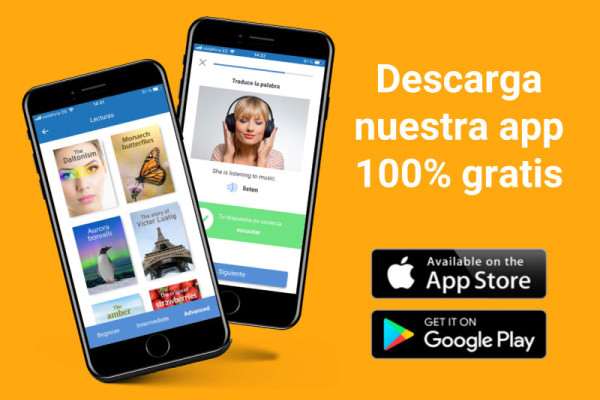English Conversations. First steps

Why do we want to learn English? Well, for many reasons, for work, for travelling and, of course, to meet people who don't speak our language.
In general, in basic conversations, we ask questions in order to know about each other. We can ask the type of questions where the answer is yes or no like Do you speak English?, or open-ended questions, that is, where the answer is a little more elaborate like How are you? or Where do you come from?
There's no need to worry if you aren't very fluent in English. You can learn certain phrases that will help you in your mission to communicate in English.
How are we going to achieve that? Very easy, with small dialogues that will give you the resources you need to have a simple conversation.
The first thing we need to learn is to talk a little about ourselves. For this type of conversations we use a commonly used verb in English, the verb to be and also questions with the present simple and the present continuous.
Let's have a look at an example:
Adam: Hi, I’m Adam. What’s your name?
Julie: My name is Julie. Nice to meet you.
Adam: Likewise. Where are you from?
Julie: I’m from Italy, and you?
Adam: I’m French. What are you doing in London?
Julie: I’m working.
Adam: What’s your job?
Julie: I’m a nurse, and you? What do you do for a living?
Adam: I’m a journalist. I work for a newspaper.
Once we have introduced ourselves we can invite this person to have a drink and while you are at it, know their tastes and also know a little about their family. We will see another important verb in English: the verb have got.
Adam: Would you like something to drink?
Julie: Sure. I’ll have a coffee.
Adam: So, what do you do in your free time?
Julie: I like reading and I’m interested in science.
Adam: How interesting! I love sport. I play tennis and I go rowing.
Julie: I see. Have you got any brothers or sisters?
Adam: Yes, I have a brother and two sisters.
Julie: I’m an only child.
We can find out what this person has done since he's been in the city. To do so, we will use verb tenses such as present perfect and past simple.
Adam: What have you visited in the city so far?
Julie: Well, just the typical things, you know. The Big Ben, the London Eye…
Adam: Did you like them?
Julie: Yes, I did. London is a nice and exciting city.
Adam: I bet you've had a beer in a pub.
Julie: Sorry, could you say it again, please? I didn’t understand what you said.
Adam: Have you been to a pub?
Julie: Not yet. I still don’t know many people here, so I usually stay at home in the evening.
Adam: We’ll have to fix that.
Julie: Do you know any cool pubs?
Adam: You bet!
We know each other now. It's time to say goodbye.
Julie: I’m sorry but I have to go.
Adam. So soon?
Julie: Yes, but we could meet again.
Adam: That would be great. Could you give me your phone number?
Julie: Yes, of course.
Adam: Thank you. See you.
Julie: Bye.
With these examples you have a basis to start talking to someone who doesn't speak your language. Combine the phrases we have shown you with other vocabulary words and you will be able to express different ideas.
If you would like to see other interesting and fun dialogues with real life situations, we recommend that you enter lewolang. You will learn everyday phrases and very colloquial English expressions.
Artículos relacionados
1 comment
ignasi
says:
Comment















